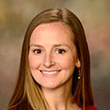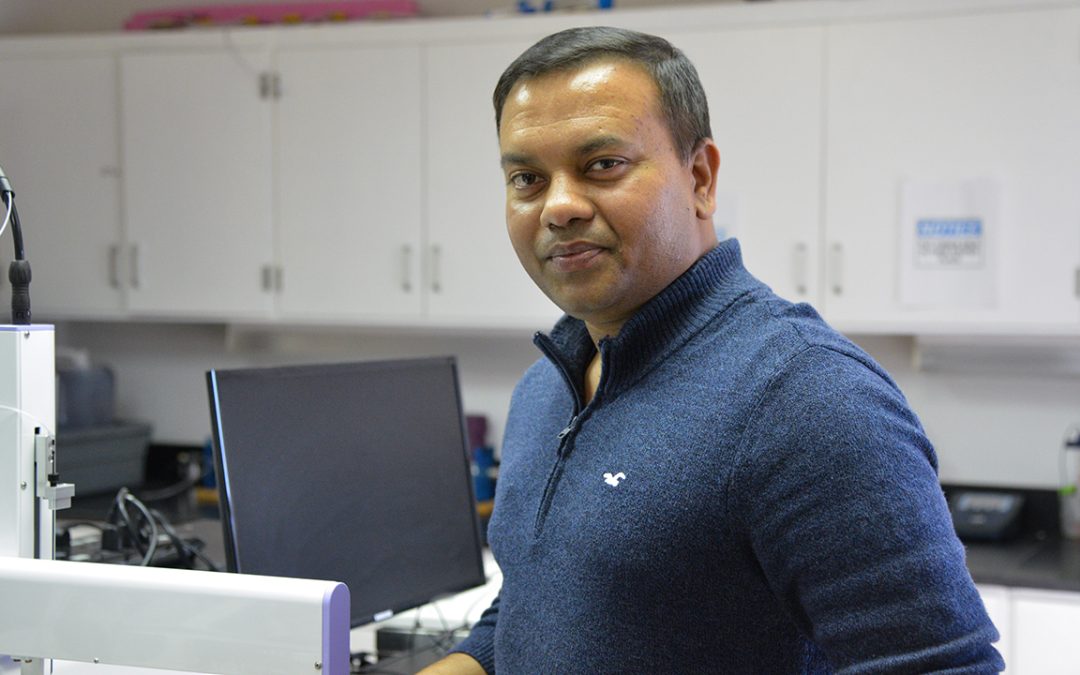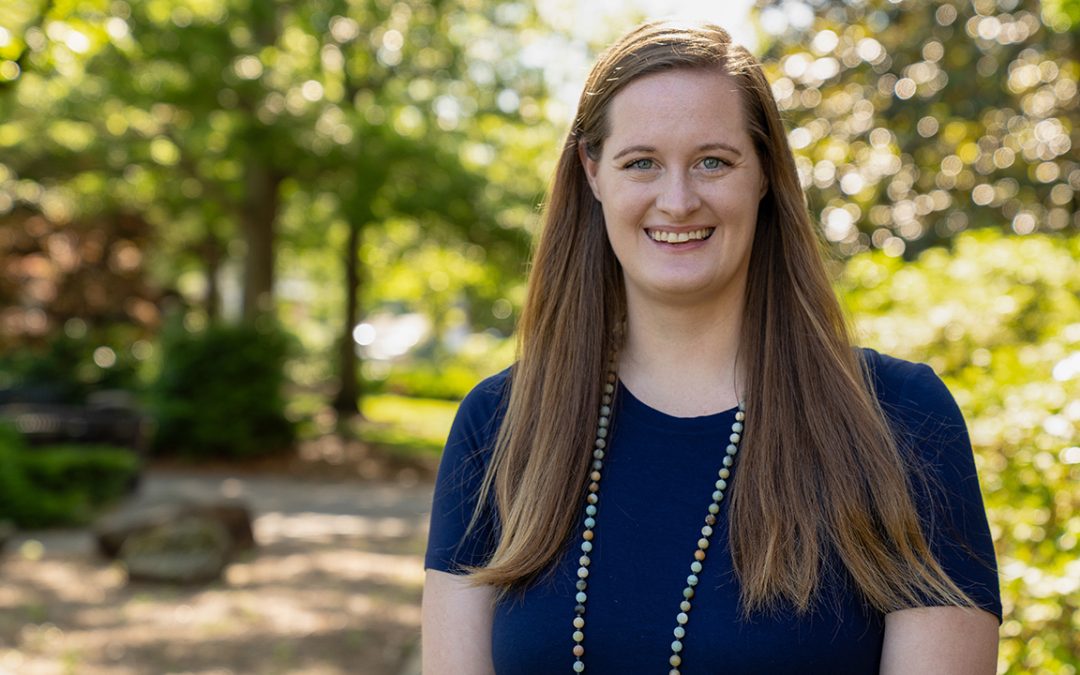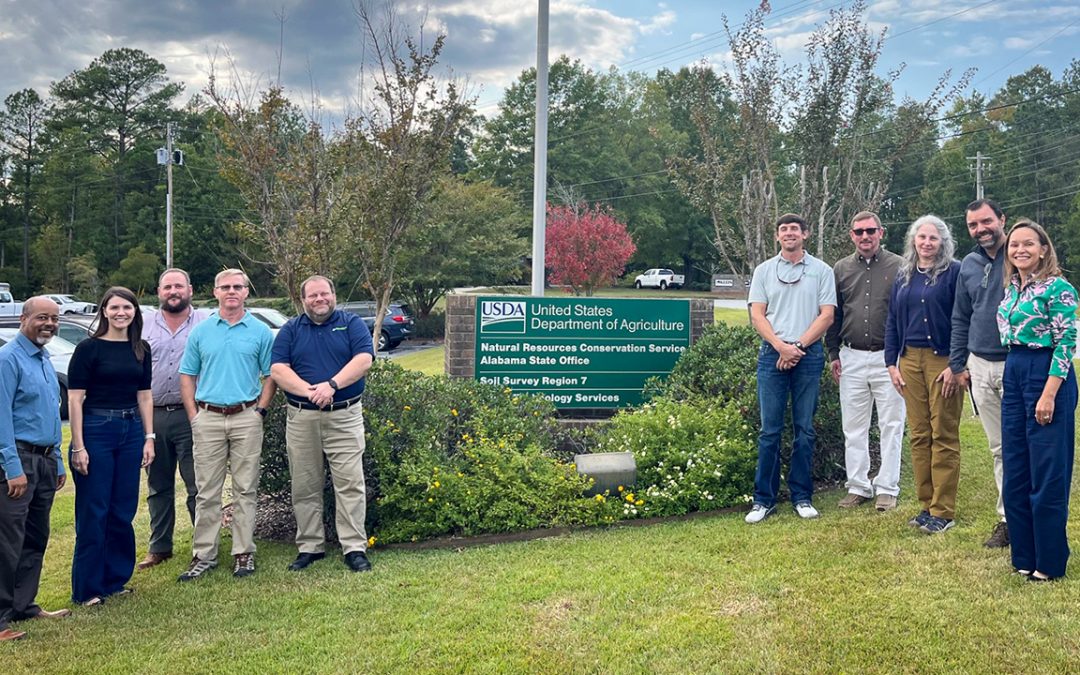$4.8 million grant will enhance safety of local foods
by JAMIE CREAMER
 Animal sciences assistant professor Christy Bratcher and a multidisciplinary team of scientists from Auburn and Tuskegee universities have been awarded a five-year, $4.8 million grant from USDA’s National Institute of Food and Agriculture to help ensure the safety of locally produced foods.
Animal sciences assistant professor Christy Bratcher and a multidisciplinary team of scientists from Auburn and Tuskegee universities have been awarded a five-year, $4.8 million grant from USDA’s National Institute of Food and Agriculture to help ensure the safety of locally produced foods.
The project’s title—“A systems approach to identifying and filling gaps in and between knowledge and practice in production and distribution of local and regional foods for a more secure food supply chain”—may be a mouthful, but it’s the study in a nutshell.
“We’re going to look at current production practices and find out how close farmers’ perceptions of what they’re doing to supply safe food actually come to reality and then develop approaches these and other small, local farms and processors can use to improve their production practices and reduce the risks of food contamination,” Bratcher says.
In Alabama and nationwide, the popularity of and demand for locally grown food is soaring, as consumers increasingly insist on knowing where the food they buy came from and who grew it. That is excellent news for small-scale producers and processors and for rural economies in general, but Bratcher notes that those consumers have high expectations.
“A lot of consumers have the perception that foods that are produced locally are healthier, of higher quality and safer than what they can buy in the supermarket, but there are times when that may not actually be the case,” Bratcher says. “Our goal is to identify what consumers perceive about local or regional foods and compare that to the perceptions of the farmers who produce those foods. We’ll then test the information scientifically and provide recommendations and training modules for farmers and consumers to close the potential knowledge gaps.”
Nine small-scale farms in Alabama and one custom food processor in west Georgia have agreed to participate in the study, which is set to begin this spring. Bratcher says the comprehensive project will include research, teaching and extension components.
“The first phase will be data collection—on-site, environmental bacterial sampling of troughs, barns and equipment as well as microbial sampling of creeks and streams located near each farm to test water quality,” Bratcher says. “Then we’ll begin gathering in-depth information through surveys and face-to-face interviews, not just with farm operators but with their customers, too.”
Based on analyses of the data, the research team will develop guidelines and practices aimed toward improving food safety and build teaching modules that will be used to deliver the information to the farm operators in the study. The project’s final phase will include a second round of surveys and of environmental sampling.
“This will allow us to assess changes in producer behavior and measure how effective our work has been, by comparing that data to the baseline data initially established,” Bratcher says. “We’ll determine whether farmers are implementing the changes in management and production practices that have been developed, and if so, whether that is improving the safety of the foods they produce.”
Also rounding out the project will be information and techniques farmers can use to promote and market their products and increase sales.
The five-year project brings together a diverse team of scientists that includes fisheries research fellow and Alabama Water Watch director Bill Deutsch, animal sciences associate professor Don Mulvaney and assistant professor Luxin Wang, poultry science associate professor Manpreet Singh, food science professor Jean Weese and rural sociology assistant professor Michelle Worosz, all in the College of Ag; Joe Hanna, associate dean for research in the College of Business; Regina Halpin with the Auburn University Food Safety Initiative; and ag economist Nii Tackie and poultry scientist Janette Bartlette, both at Tuskegee.




